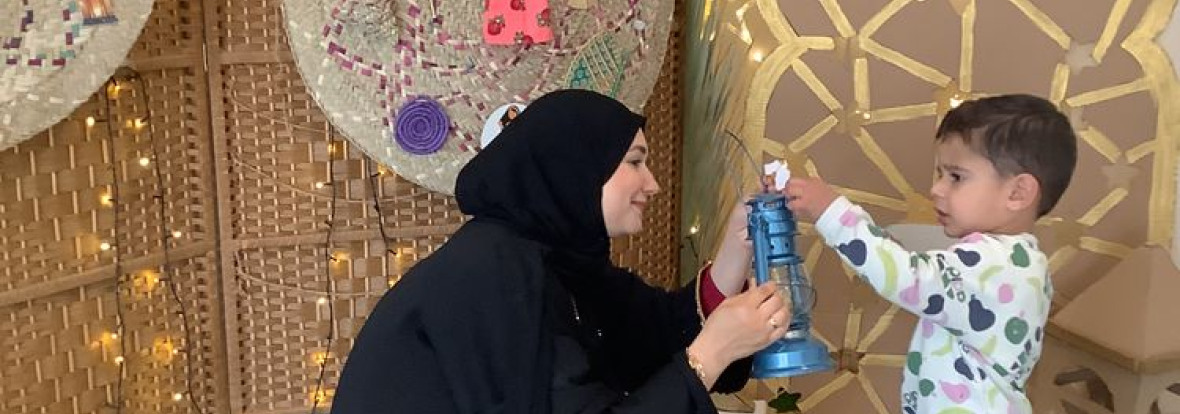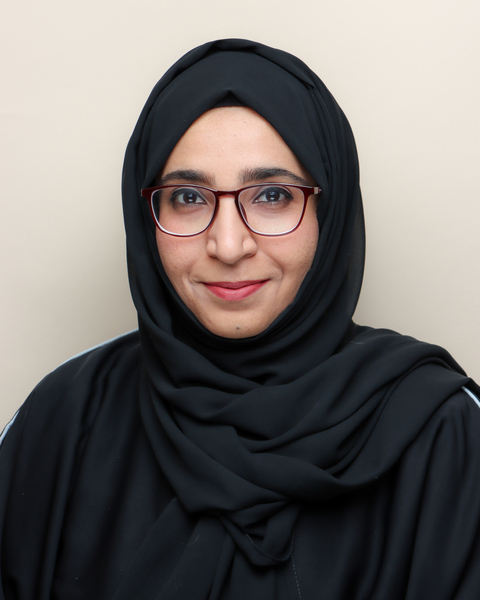To help our children truly experience Ramadan, we need first immerse ourselves in its rich meanings and religious traditions.
What is Ramadan about?
Ramadan is the ninth month of the Islamic calendar and is considered the most sacred month of the year. It marks the period when the Quran was revealed to Prophet Muhammad (peace be upon him) on Laylat Al-Qadr, which falls during one of the last ten nights of Ramadan.
Ramadan is a time of devotion, charity, and spiritual blessings. During this month, Muslims who are able to fast must refrain from eating and drinking from dawn until sunset. This practice of fasting is one of the five fundamental pillars of Islam.
What are the purpose and values of Ramadan?
At its core, Ramadan is a month dedicated to self-discipline, spiritual reflection, and empathy. Muslims believe that it is a time to purify the soul, practice self-restraint, and develop compassion for those less fortunate. Fasting during Ramadan is one of the five pillars of Islam, and it serves not just as a physical challenge, but to grow spiritually and emotionally.
The values of Ramadan go beyond abstaining from food and drink. It encourages:
- Self-discipline: Fasting teaches individuals to control their desires and impulses, making it a time for personal growth.
- Charity and generosity: Muslims are encouraged to give to those in need, fostering a spirit of community and social responsibility.
- Gratitude: It’s a time to reflect on one’s blessings and express thanks for what they have.
- Empathy: Experiencing hunger and thirst fosters empathy for the less fortunate and deepens one's understanding of their struggles.
- Spirituality: Ramadan is a time for prayer, connecting with Allah (God), and reciting the Quran.
Ramadan in the UAE Culture
In the UAE, Ramadan is celebrated with great enthusiasm and reverence. The culture during this holy month is rich with traditions, many of which are tied to family, community, and hospitality.
- Iftar and Suhoor: The fast is broken at sunset with Iftar, a meal that is often shared with family and friends. A common practice is to start Iftar with dates and water, followed by a lavish spread of traditional Emirati foods such as harees, machboos, and luqaimat. Suhoor, the pre-dawn meal, is just as important, fueling the body for the day of fasting ahead.
- Ramadan Lights and Decorations: The UAE is known for its beautiful Ramadan decorations. Streets, malls, and homes are adorned with lanterns, lights, and crescent moons, creating a festive atmosphere. The famed fanous (traditional lanterns) are often displayed, and special Ramadan markets pop up offering food, gifts, and crafts.
- Community and Charity: The UAE places a significant emphasis on charity during Ramadan, with initiatives such as Zakat (almsgiving) and community Iftar events. These events help strengthen the bond between people from all walks of life and emphasize the importance of giving back.
- Cultural Sensitivity and Respect: The culture of the UAE during Ramadan encourages respect for those fasting. It is common for businesses, restaurants, and public places to adjust their schedules, offering designated areas for those who are eating or drinking during the day. This respect for tradition helps create an inclusive and harmonious environment.
What can our little ones learn from Ramadan?
Ramadan is not only about fasting but also a valuable opportunity for young children to learn important life lessons. While younger kids may not fast until they reach the age of maturity, they can still participate in and benefit from the teachings of the holy month:
- The Importance of Patience: Ramadan teaches children the value of patience as they observe fasting and the wait for Iftar. This can be a lesson in self-control and the importance of waiting for something good.
- Gratitude and Thankfulness: By witnessing their parents and family members practicing gratitude during Ramadan, children learn the importance of appreciating the little things in life. They can also get involved in giving back to their communities by helping with charity drives or participating in volunteer activities.
- Empathy for Others: Ramadan is a great time for children to learn about helping those in need. Whether through charity work or simply sharing food, they can understand the importance of empathy and sharing what they have.
- Spirituality and Family Bonding: Children can learn the significance of prayer and spiritual reflection during Ramadan, as well as the value of family togetherness. The shared experience of Iftar meals and prayers creates a sense of belonging and unity.
For children, Ramadan offers valuable lessons in patience, empathy, and gratitude—important values that will stay with them throughout their lives. By introducing healthy meals that are fun to make and eat during iftar, families can create memorable and nourishing experiences during this holy month.
Here are some quick and easy, healthy recipes to try with your children at home. It would be a delight to have them at iftar!
Dates Filled with Cream Cheese and Honey
Ingredients:
- 12 Medjool dates (pitted)
- 4 tablespoons cream cheese
- 1-2 tablespoons honey
- A pinch of cinnamon
- Chopped nuts (like almonds or pistachios) for garnish
Instructions:
- Slice each date lengthwise and remove the pit, creating a small pocket for the filling.
- In a small bowl, mix the cream cheese with honey and a pinch of cinnamon (if using). Stir until smooth and well combined.
- Spoon or pipe the cream cheese mixture into each date pocket.
- If desired, sprinkle chopped nuts on top of the filled dates for a bit of crunch and extra flavor.
- Arrange the stuffed dates on a plate and serve them as a delicious healthy treat for Iftar or after meals.
These quick to prepare dates filled with cream cheese and honey are rich in nutrients, and the combination of sweet dates, creamy cheese, and honey makes them a delightful and satisfying bite for kids and adults alike!
Mango & Banana Smoothie
Ingredients:
- 1 ripe mango, peeled and chopped
- 1 ripe banana
- 1/2 cup low-fat yogurt or plant-based yogurt
- 1/2 cup orange juice or coconut water
- 1 tablespoon honey
- A few ice cubes
Instructions:
- Place the chopped mango, banana, yogurt, and orange juice (or coconut water) in a blender.
- Add honey if you prefer a sweeter taste, and throw in a few ice cubes for a refreshing, chilled smoothie.
- Blend until smooth and creamy.
- Pour into glasses and serve immediately!
This tropical smoothie is rich in vitamins, fiber, and hydration—perfect for re-energizing after a long day of fasting. It’s easy for children to sip on and can also be a fun addition to their Iftar meal.
Ramadan Kareem!






